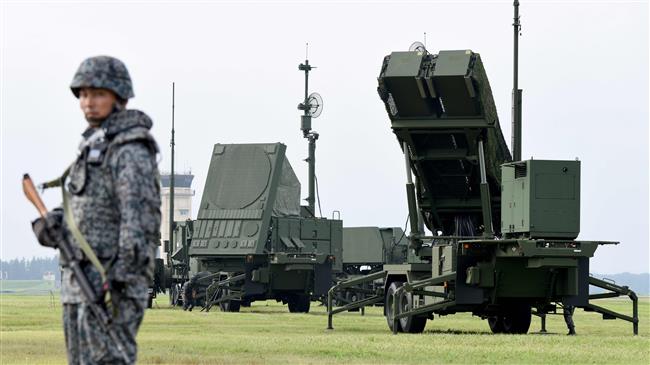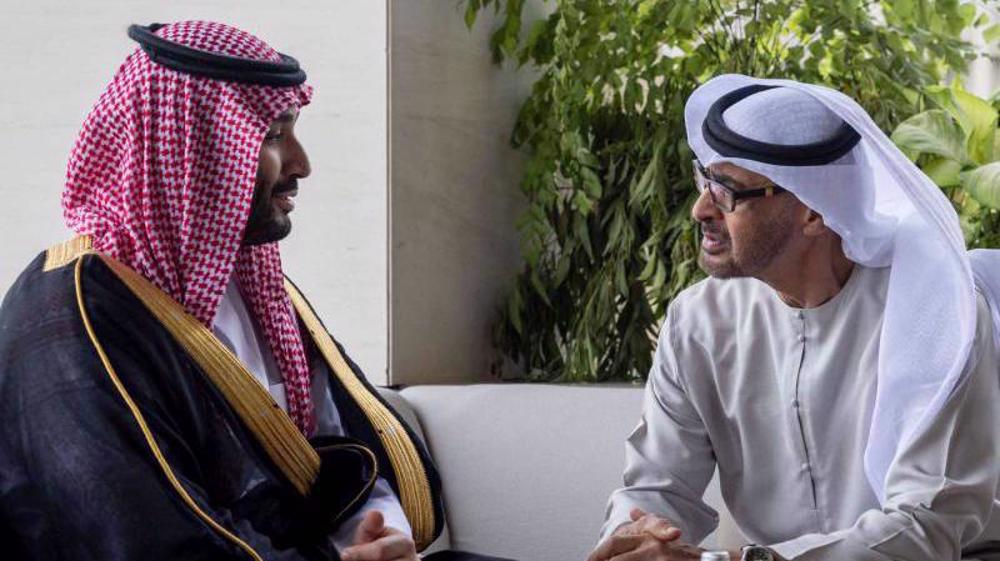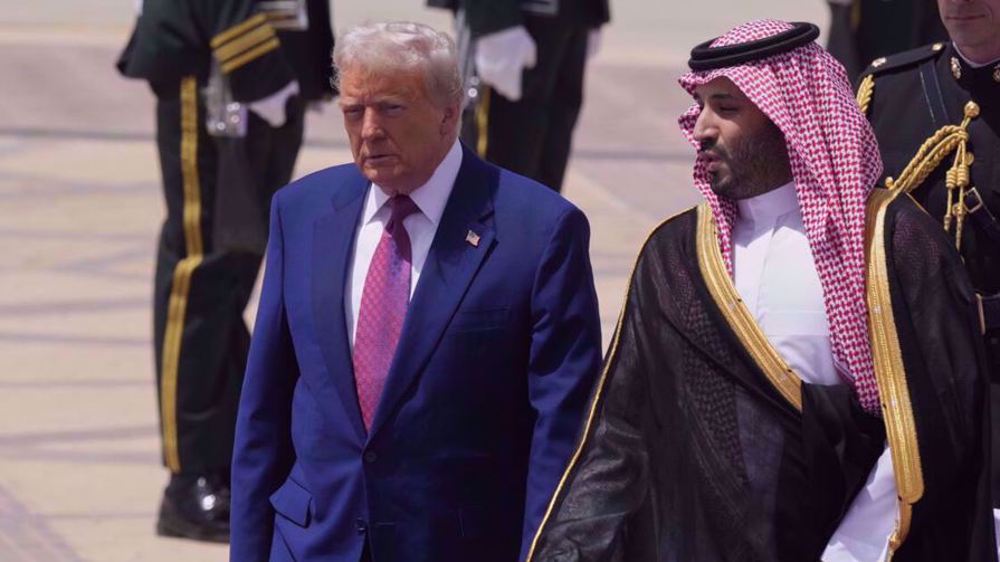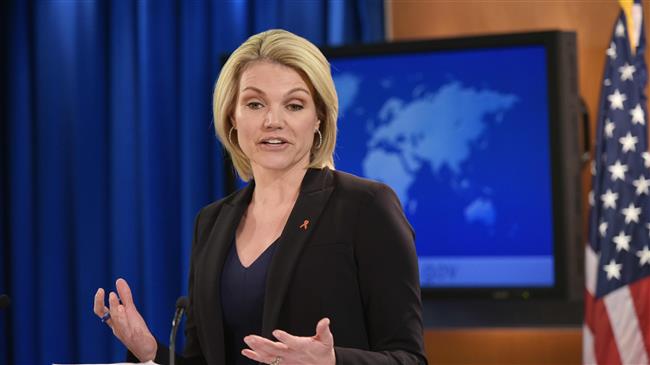US to upgrade Saudi missile systems despite global backlash over Khashoggi murder
The United States has approved upgrades to Saudi Arabia’s missile defenses worth $195 million despite global outrage over the killing of dissident journalist Jamal Khashoggi, a report says.
In December, the State Department approved the commercial deal and notified Congress of the sale, but the exact dollar value of the transaction was recently revealed by the Security Assistance Monitor.
Under the deal, the kingdom will receive upgrades to improve its Patriot PAC-3 defenses, including a guidance system that increases its ability to intercept ballistic missiles able to evade US-made radars.
A State Department spokesperson said President Donald Trump had indicated that Washington would remain a “steadfast” partner for Saudi Arabia.
The pronouncement came despite growing outrage over Riyadh's aggression in Yemen and the death of Khashoggi, who was killed inside the Saudi consulate in Istanbul last year.
The kingdom's military campaign has hit rough patches in Yemen where Houthi forces and their allies in the Yemeni army frequently target the Saudi military in retaliatory attacks.
“It’s not theoretical anymore for the Saudis,” Frank Rose, a former assistant secretary of state for arms control, verification, and compliance said of Yemen's missiles which have landed as far as Riyadh.
“This situation has caused them to rethink many of their assumptions around missile defense,” said Rose, now a fellow at the Brookings Institution.
She noted that the Patriots can help protect smaller installations such as airfields, but don’t provide enough coverage to defend a large city such as Riyadh, which has been hit by Houthi missiles.
The deal was approved despite a bill introduced by a bipartisan group of senators aimed at halting US arms exports to Saudi Arabia in response to the “barbaric” murder of Khoshoggi, continued detention of activists and the “indiscriminate” bombing campaign in Yemen.
The Patriot deal could “provide another pipeline for the Trump administration to provide lethal assistance to Saudi Arabia,” online newspaper Al-Monitor said.
Fleeing teenager in Bangkok
With global scrutiny rising over Riyadh's deeds, a Saudi teenager said her passport was forcibly taken by Saudi and Kuwaiti officials when she arrived in Thailand after she fled abuse by her family.
"They took my passport," Rahaf Mohammed Alqunun said, adding that her male guardian had reported her for travellng "without his permission."
Rahaf, who was stopped from entering Thailand when she flew in from Kuwait on Sunday, said she will be killed if she is repatriated by Thai immigration officials.
Human Rights Watch Asia deputy director Phil Robertson criticized Thai authorities and called on the UN refugee agency to help Rahaf.
"What country allows diplomats to wander around the closed section of the airport and seize the passports of the passengers?" he said, noting that there is "impunity" within the family unit in Saudi Arabia to abuse women.
Video from @rahaf84427714 just sent from her hotel room at the #Bangkok airport. She has barricaded herself in the room & says she will not leave until she is able to see #UNHCR. Why is #Thailand not letting @Refugees see her for refugee status determination? @hrw #SaveRahaf pic.twitter.com/3lb2NDRsVG
— Phil Robertson (@Reaproy) January 7, 2019
Rahaf said she her family subjected her to physical and psychological abuse.
"My family is strict and locked me in a room for six months just for cutting my hair," she said at Bangkok's international airport, adding that she is certain she will be imprisoned if she is repatriated.
"I'm sure 100 percent they will kill me as soon as I get out of the Saudi jail," Rahaf added.
انا الفتاة الهاربة من الكويت إلى تايلند، حياتي على المحك وأنا الان في خطر حقيقي اذا تم إرجاعي بالقوة إلى السعودية. #فتاه_تايلند
— Rahaf Mohammed رهف محمد القنون (@rahaf84427714) January 5, 2019
Rahaf said she had a visa to Australia, where she had hoped to seek asylum.
Immigration chief Surachate said Rahaf would be returned to Saudi Arabia by Monday morning, adding that the case is "a family problem."
In recent years, the Al Saud regime has come under intense pressure by rights groups for mistreating women. Since May, Saudi authorities have detained more than a dozen prominent women's rights activists, most of whom campaigned for the right to drive which was granted in June.
Saudi women had also been banned from voting until 2015, when they were finally allowed to vote in local elections.
Iranian Armed Forces say no missile fired from Iran into Turkey
Iraqi Islamic Resistance warns European nations against entering into war with Iran
Schumer: 'Manic' Trump caused West Asia chaos, has 'zero' war plan
Araghchi warns Turkey, Iraq against border 'terror' activity amid US-Israeil aggression
UN experts condemn unlawful US-Israeli aggression against Iran
US war on Iran burns past $1bn in early days, with total projected to exceed $95bn
US officials warn of challenges posed by Iranian drones
'We warned repeatedly about the limit to our patience': Hezbollah leader














 This makes it easy to access the Press TV website
This makes it easy to access the Press TV website